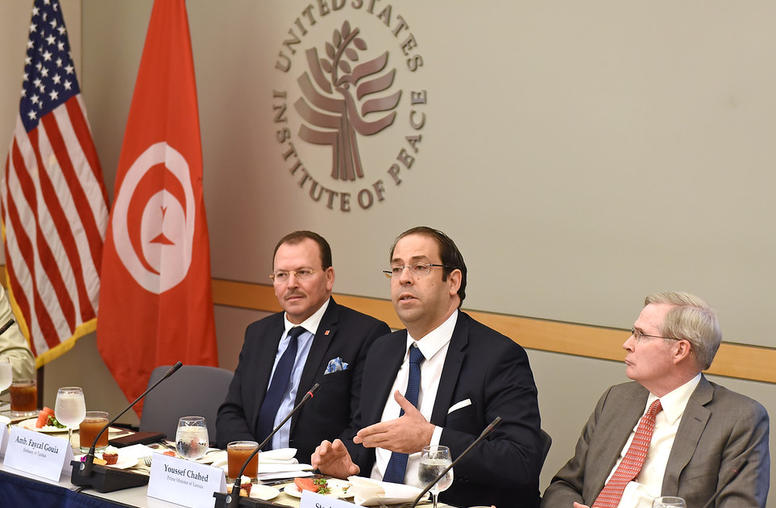Democratic rule - Dawn
PAKISTANI politics is back to its uncertain best. While all eyes are fixated on the Supreme Court’s verdict, of even more concern is the larger political question: what will all this mean for Pakistan’s quest for democratic consolidation?
